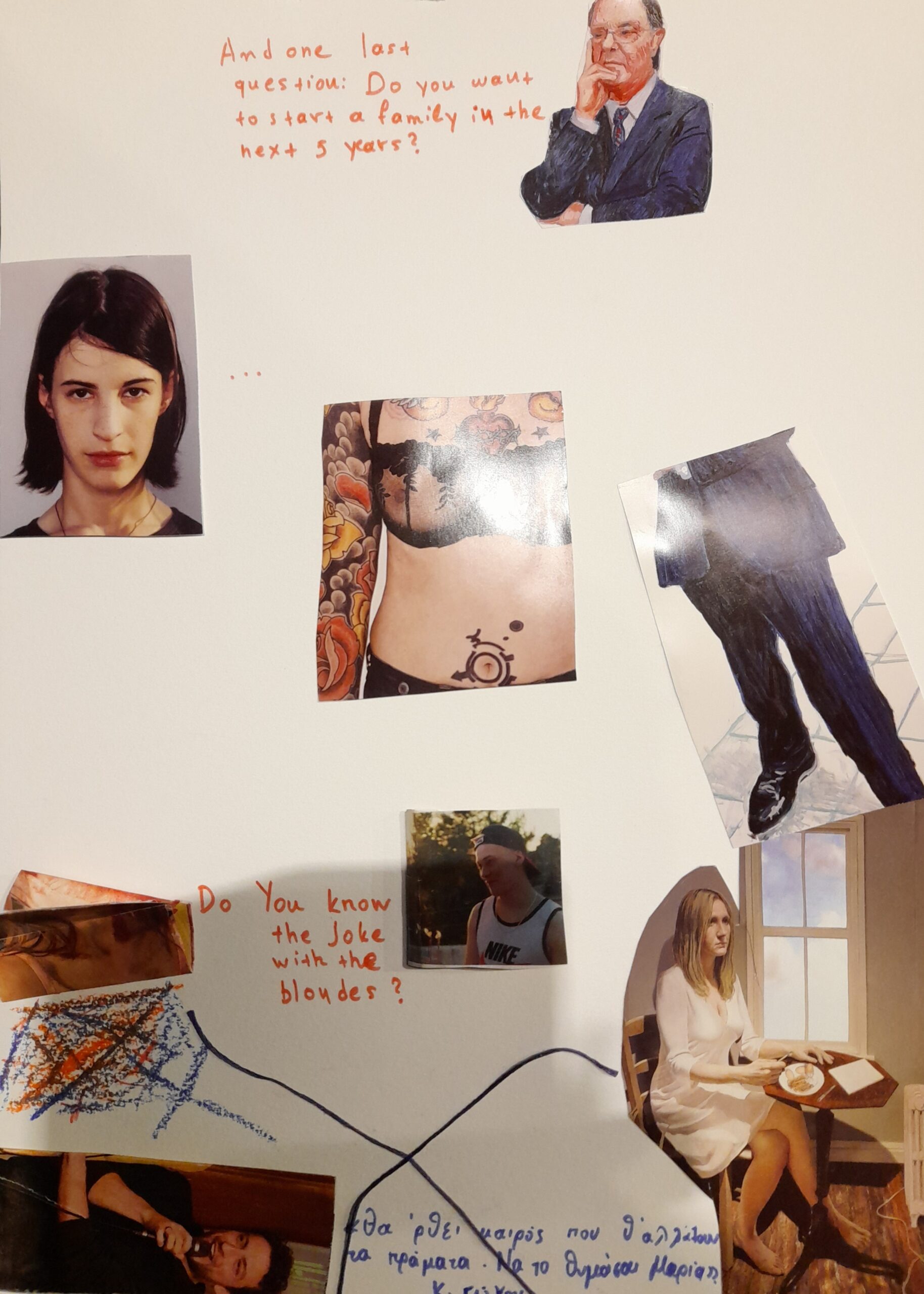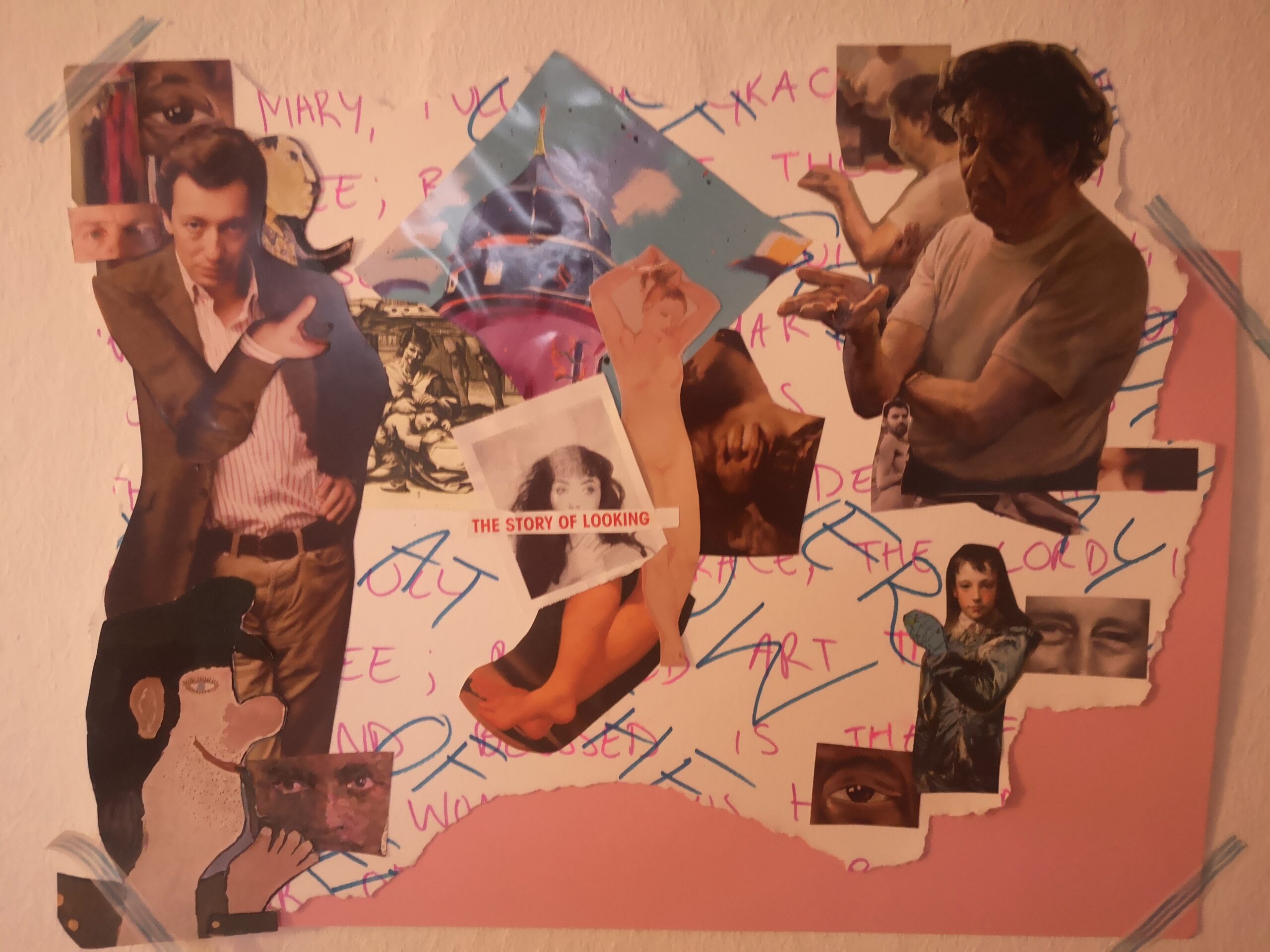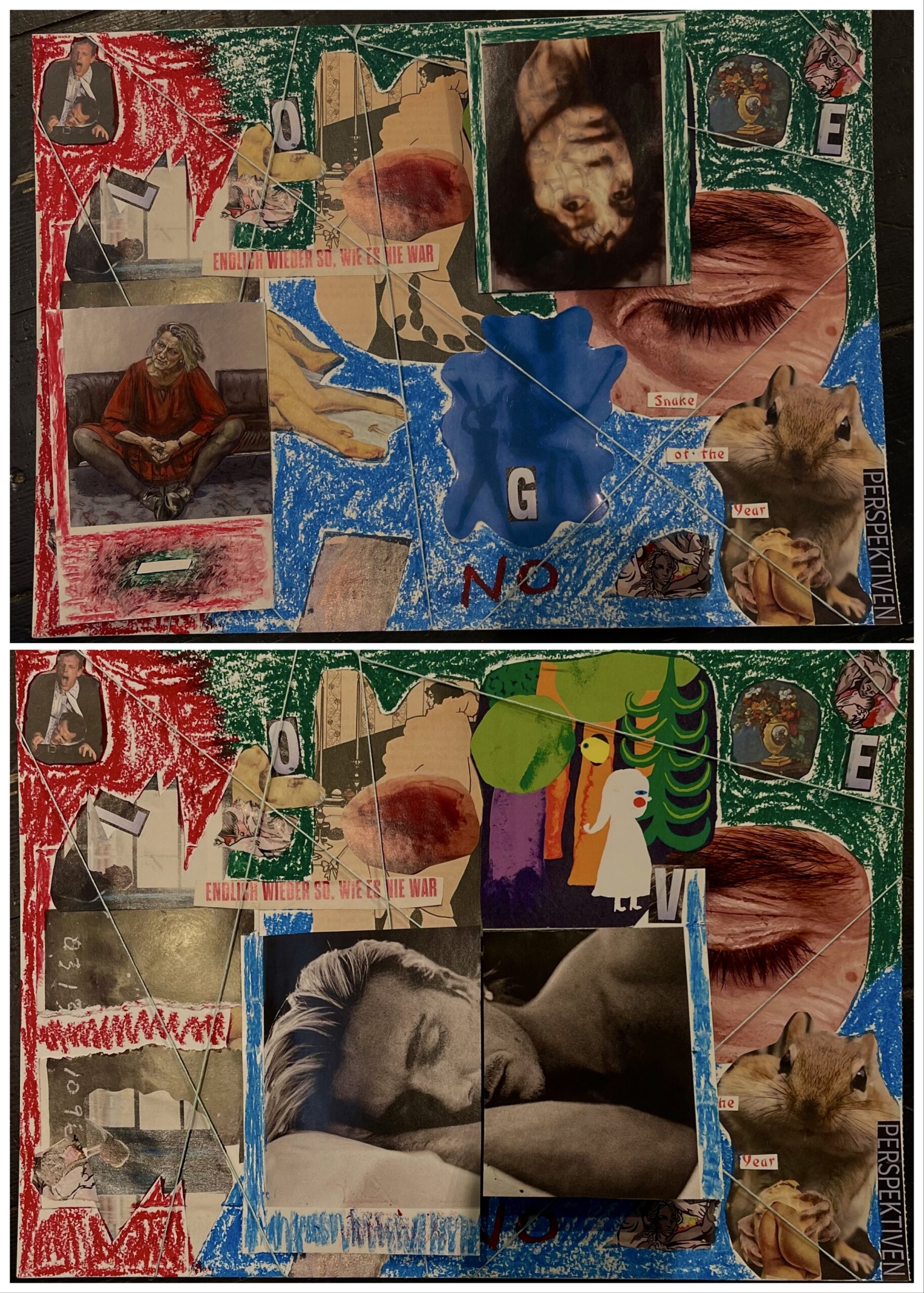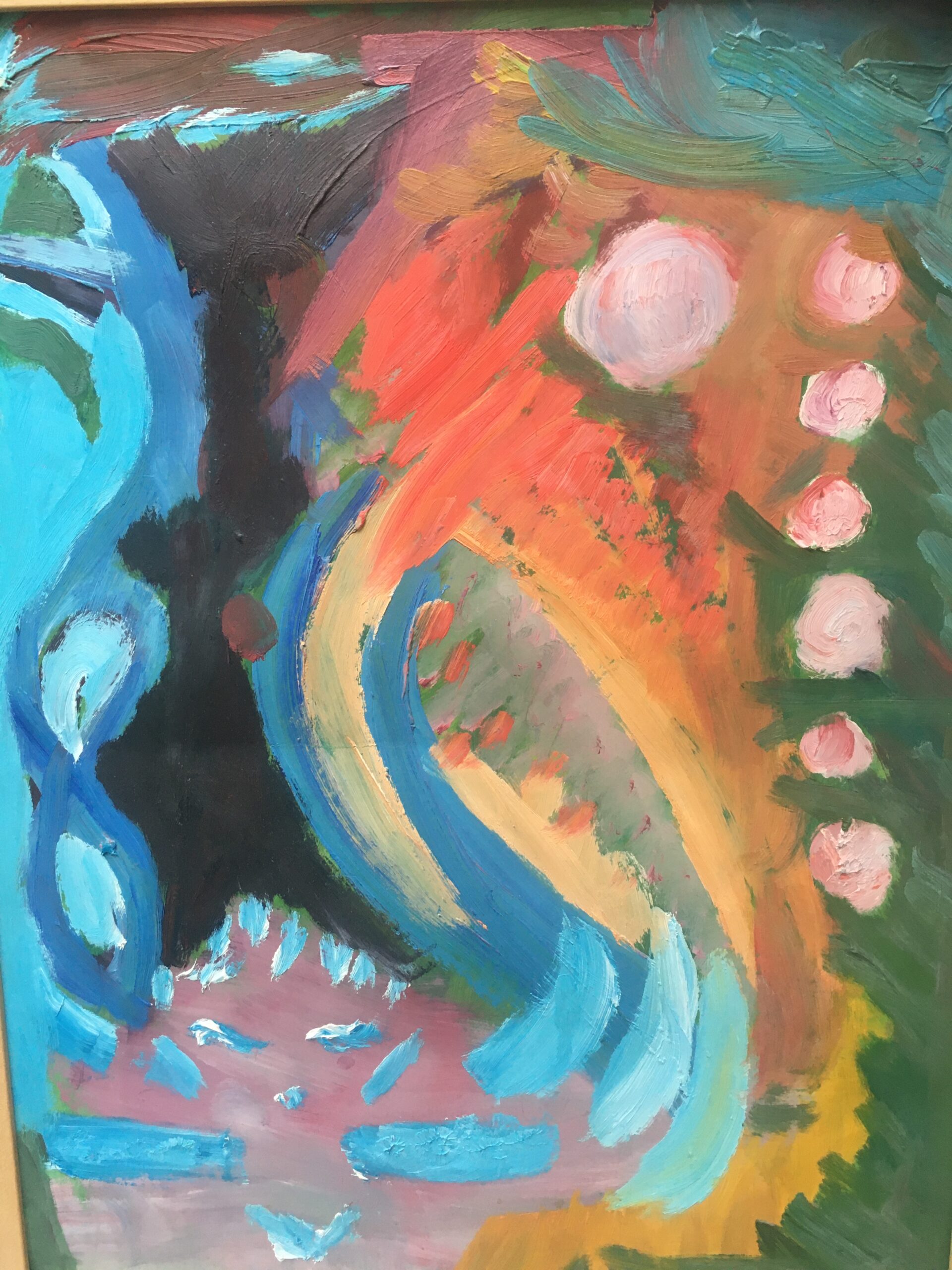
Caroline Léna
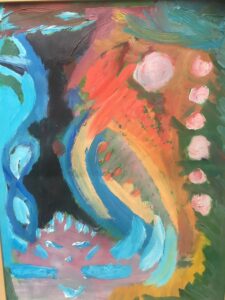
First, some context to my story
The Manifesto of the 343 (Manifeste des 343), was a French petition signed by 343 women “who had the courage to say, ‘I’ve had an abortion'”. It was an act of civil disobedience, since abortion was illegal in France, and by admitting publicly to having aborted, they exposed themselves to criminal prosecution. The manifesto was published in the social democratic French weekly magazine Le Nouvel Observateur on April 5, 1971. The manifesto called for the legalization of abortion and free access to contraception. It paved the way to the adoption, in December1974 and January 1975, of the “Veil law”, named after Health Minister Simone Veil, that repealed the penalty for voluntarily terminating a pregnancy during the first ten weeks (later extended to twelve weeks). The text of the manifesto was written by Simone de Beauvoir.[1] It began (as translated into English):
One million women in France have abortions every year. Condemned to secrecy, they do so in dangerous conditions, while under medical supervision, this is one of the simplest procedures. Society is silencing these millions of women. I declare that I am one of them. I declare that I have had an abortion. Just as we demand free access to contraception, we demand the freedom to have an abortion.
It was the inspiration for a February 3, 1973, manifesto by 331 French doctors declaring their support for abortion rights:
We want freedom of abortion. It is entirely the woman’s decision. We reject any entity that forces her to defend herself, perpetuates an atmosphere of guilt, and allows underground abortions to persist…
The week after the manifesto appeared, the front page of the satirical weekly Charlie Hebdo carried a drawing attacking male politicians with the question “Qui a engrossé les 343 salopes du manifeste sur l’avortement?” (“Who got the 343 sluts [bitches] from the abortion manifesto pregnant?”). This drawing by Cabu gave the manifesto its familiar nickname, often mistaken as the original title. In 1971, the feminist group Choisir (“To Choose”) was founded by Gisèle Halimi, to protect the women who had signed the Manifesto. In 1972, Choisir formed itself into a clearly reformist body, and the campaign greatly influenced the passing of the law allowing contraception and legal abortion carried through by Simone Veil in 1974.
Notable signatories of the 343: Stéphane Audran, Simone de Beauvoir, Christine Delphy, Catherine Deneuve, Marguerite Duras, Françoise d’Eaubonne, Françoise Fabian, Brigitte Fontaine, Gisèle Halimi, Bernadette Lafont, Violette Leduc, Ariane Mnouchkine, Claudine Monteil, Jeanne Moreau, Marie Pillet,, Marie-France Pisier, Micheline Presle, Marthe Robert, Sonia Rykiel, Françoise Sagan, Delphine Seyrig, Nadine Trintignant, Agnès Varda, Ursula Vian-Kübler, Marina Vlady, Anne Wiazemsky and Monique Wittig
The Mouvement de libération des femmes (MLF, transl. Women’s Liberation Movement) is a French autonomous, single-sex feminist movement that advocates women’s bodily autonomy and challenges patriarchal society. It was founded in 1970, in the wake of the American Women’s Lib movement and the events of May 1968. The movement challenges traditional forms of militancy: it operates through general assemblies, small decentralized groups and has a repertoire of extra-parliamentary actions such as the organization of events, the creation and signing of petitions, the holding of public meetings, etc.
On August 26, 1970, a dozen anonymous activists laid a wreath under the Arc de Triomphe in praise of the Wife of the Unknown Soldier. This action was led by nine women, including Cathy Bernheim, Christine Delphy, Monique Wittig, Christiane Rochefort and Namascar Shaktini. Their banners displayed this phrase: “There is more unknown than the unknown soldier: his wife”[3][circular reference].
They were immediately arrested by the police, but the next day the press announced, “the birth of the MLF”.
At its origins, the MLF was neither a movement nor a political party: no leader was tolerated. The movement is composed by collectives and small groups. The feminist militants want to fight in all fronts, based on the principle that “the private is political“. They reject the ideals of beauty imposed by the patriarchal diktat, claim for nurseries, ask their partners to share domestic tasks. The sexual revolution has gone through it: they denounce rape, incest and sexual assault, and fight for abortion.
One of the first actions of the movement was to support the rebellion in the center for pregnant teenagers from Plessis-Robinson,[4]who were between 13 and 17 years old. At the end of 1971, the residents began, with the help of the MLF, on a hunger strike to refuse the fate that was imposed on them: excluded from their school, marginalized by their own family, mistreated. Alerted by the MLF, Simone de Beauvoir went to meet them, accompanied by journalists.
Mouvement pour la liberté de l’avortement et de la contraception (Mlac Trans. Movement for the freedom to abortion and birth control.)
In April 1973 abortion and birth control freedom movement ( MLAC) was born. It was an Association law 1901, that was created to legalise the Voluntary termination of pregnancy or in French (IGV -Interruption Volontaire de la grossesse). Militants were from the Planning Familial, MLF, and the Groupe Information Santé.
The movement dissolved in February 1975 as the interruption of Pregnancy was authorised by the law Veil. The Loi VEIL authorising the Interruption voluntary of pregnancy .
And now me:
I was 17/18:
I remember how women fought to be able to have the freedom to have abortion in the 70’s. I was pregnant and too young. I was 17. I got in contact to ask to have an abortion. I remember vividly the small flat and the women from the MLAC. They were not nice to me at all. I gave them permission to give me an abortion. This was at a meeting much earlier in the week where I received all the information regarding the process that would take place. But these women did not see me, they saw only their cause. They did not treat me or my situation with empathy. I was told not to scream and to bear the pain no matter what. Maybe they feared being caught, maybe we were in a block of flats with people all around. No one was allowed to scream, that was the rule. This affected me more than anything, I could not give voice to my pain.I was in fear. I will never forget this moment. They performed my abortion with the Karman Method which is by aspiration.I cannot think about it to this day. I have buried this very deep and have not shared it until now.
I said I was unlucky because my experience was painful not only because I had to abort illegally but these women were harsch but I know that most of the groups were kind and looking after each other.
I was 29:
I had an ectopic pregnancy and rushed to the hospital and had an operation. I do not remember much from this time. I must have been then 29. All I can remember is that in this hospital, a girl next to me who was having an abortion was crying. She was very young. I was trying to reassure her. And a nurse came along, a male nurse, and asked me not to speak to her and to mind my own business or if not… he threatened me. He then gave me the anaesthetic but with force, a little violent, I recall. The rest I cannot remember, just waking up being very sad. The young girl was in tears but thanked me for being kind with her. I have buried this experience and ectopic pregnancy very deeply into a part of me that I did not want to expose. Many years later as I was travelling, I was staying in a hotel, and by chance I saw a documentary about ectopic pregnancies and how one could be left infertile because of having one. I have never been told this or did any research as I was trying to bury and forget both of my traumas with pregnancies.
I always thought that I would have a child, but these extremely painful experiences when I was very young with the ‘no scream’ abortion and then the ectopic pregnancy must have stayed with me and did not allow me to dig further. After seeing this documentary, armed with new information and hope, I summoned the courage to go and see my doctor to ask him to investigate if it might still be possible for me to have a child. He quickly and dismissively convinced me that it was not necessary because it was far too painful, difficult, and much too costly. He was a man and to this day I resent him for this. I am also angry at myself that I just accepted his advice. But that’s what we do isn’t it, accept advice from men and people in authority. I had no partner at the time to support me and no money to help make a baby happen.
Today I reflect on so many things form these traumas buried deeply and ask myself questions.
What abortion hadn’t been illegal in the 70’s and the women from the MLF/MLAC were not forced to act in secret? I could have gone to a hospital without shame and trauma and had abortion performed in safety with empathy and care.
What if I had been given the anaesthetic for the procedure for my ectopic pregnancy by a woman with care, understanding and reassurance? What if I had been offered a follow up consultation to check on how I was and how I might plan children in the future as a result of what had happened to me?
What if both my pregnancies had not been surrounded by trauma, shame and secrecy?
What if?



